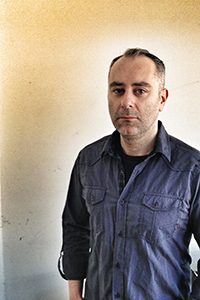
Oscar Bettison
Described as possessing “an unconventional lyricism and a menacing beauty" and a “unique voice,” British/American composer Oscar Bettison's work demonstrates a willingness to work within and outside the confines of concert music.
As a division of the Johns Hopkins University, Peabody takes its place alongside the institution’s other internationally renowned centers of research and learning, shaping the role of music in the 21st century.
Current faculty members are among the most honored composers working today. Their works have appeared internationally with major orchestras, ensembles, and soloists across the globe, among them the New York Philharmonic, Los Angeles Philharmonic, Cleveland Orchestra, Seattle Symphony Orchestra, Atlanta Symphony, Dallas Symphony, Baltimore Symphony Orchestra, Minnesota Opera, London Sinfonietta, String Soloists of the Berlin Philharmonic, Bang on a Can All-Stars, MusikFabrik, So Percussion, and Ensemble Klang; and festival appearances around the world.
They continue the tradition of great composers past who have served on the Peabody faculty over the generations—composers including Henry Cowell, Nadia Boulanger, Elliot Carter, Peter Mennin, Ernst Krenek, Benjamin Lees, Earle Brown, Hugo Weisgall, Jean Eichelberger Ivey, Robert Hall Lewis, George Walker, Moshe Cotel, Chen Yi, Christopher Theofanidis, and Nicholas Maw. The commitment to creating the ideal environment for the composers of tomorrow continues today.
Peabody composition alumni can be found teaching at elite institutions across the United States and abroad, and are regular winners of prestigious fellowships and competitions. Over just the past few years Peabody students have been Fulbright Fellows; Carnegie Hall Commission recipients; the American Composers Orchestra Underwood Commission recipients; participants of the Minnesota Orchestra Readings Program, the Cabrillo Music Festival Program, the Silk Road Project, and the ACO/Nashville Symphony Orchestra Reading Program; and winners of prizes including the American Society of Composers, Authors and Publishers top award—the Nissim Prize, ASCAP Morton Gould Young Composer and BMI Student Composer Awards. Alumni of Peabody’s composition department are Guggenheim Fellows, Rome Prize Fellows, Barlow Prize, and Berlin Prize recipients; recipients of Fromm Foundation Awards, prizes from Darmstadt and Gaudeamus, among many, many others.
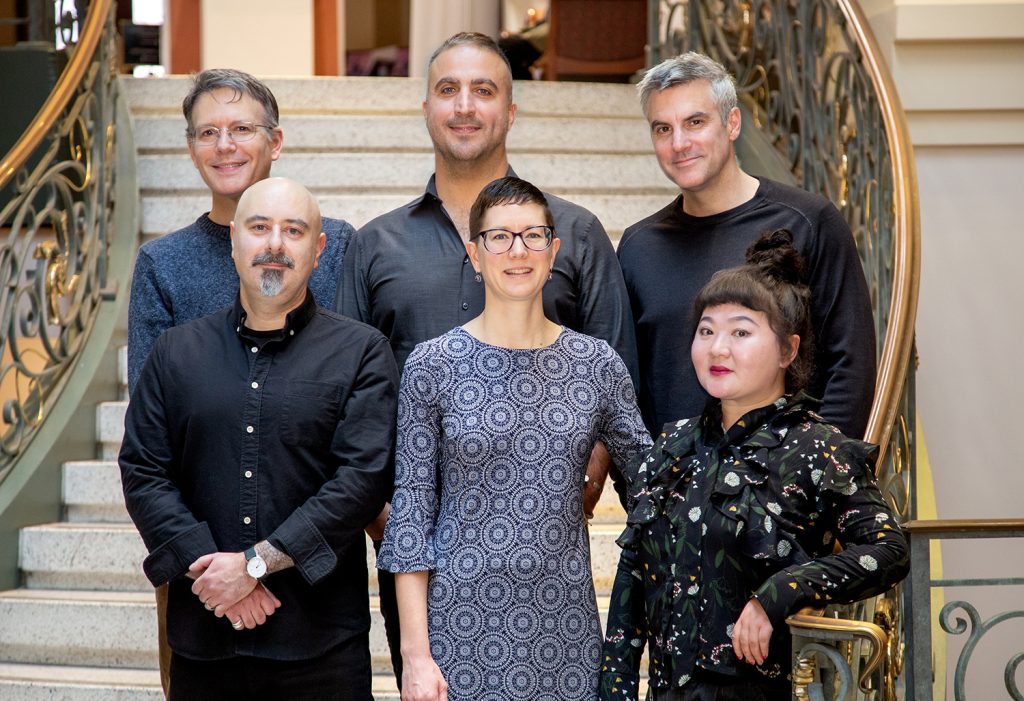

Described as possessing “an unconventional lyricism and a menacing beauty" and a “unique voice,” British/American composer Oscar Bettison's work demonstrates a willingness to work within and outside the confines of concert music.
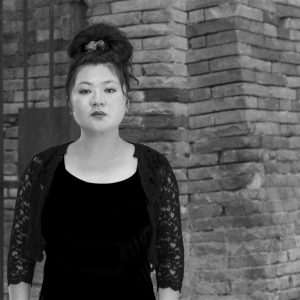
Pulitzer Prize-winner Du Yun, born and raised in Shanghai, China and currently based in New York City, is a composer, performer, activist, and curator for new music, who works at the intersection of orchestral, opera, chamber music, theatre, cabaret, musical theater, oral tradition, public performances, sound installation, electronics, visual arts, and noise.
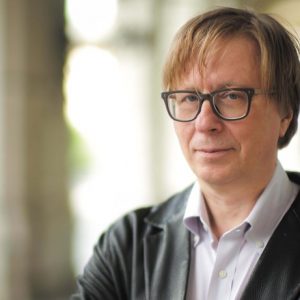
Distinguished Composer-in-Residence
One of the world’s most acclaimed and respected composers, Georg Friedrich Haas will continue as Distinguished Composer-in-Residence at the Peabody Institute of the Johns Hopkins University during the 2023-24 academic year. Haas will deliver a series of master classes and lectures for Composition students and others.
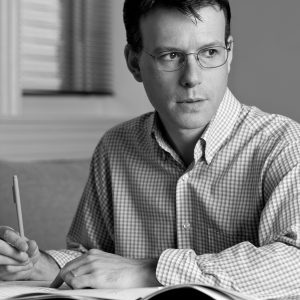
Widely considered “one of the most fertile musical minds to emerge in the U.S. over the past generation,” (The Financial Times of London), Michael Hersch continues to compose music of tremendous power and invention.
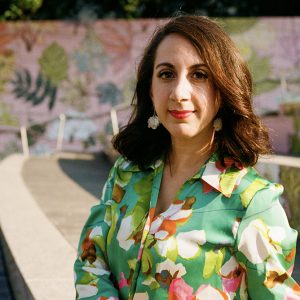
Mary Kouyoumdjian is a composer and documentarian with projects ranging from concert works to multimedia collaborations and film scores. As a first generation Armenian-American and having come from a family directly affected by the Lebanese Civil War and Armenian Genocide, she uses a sonic palette that draws on her heritage, interest in music as documentary, and background in experimental composition to progressively blend the old with the new.
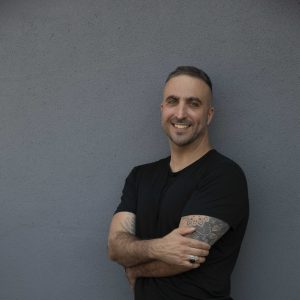
Felipe Lara is hailed as a gifted Brazilian-American modernist by the New York Times, with his works being described as sensational, exuberant, vivid, brilliantly realized, excellent, technically formidable, wildly varied, and possessing voluptuous, elemental lyricism.
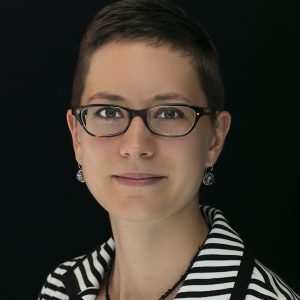
The music of composer, oboist, and installation artist Sky Macklay is conceptual yet expressive, exploring extreme contrasts, surreal tonality, audible processes, humor, and the physicality of sound. Some of her pieces incorporate intermedia and extramusical narratives, addressing topics ranging from commuting times to the side effects of contraceptive and assisted reproductive technology.
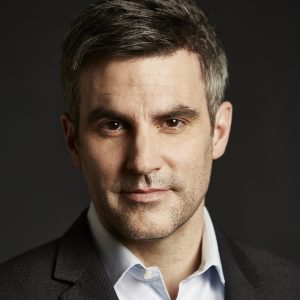
Winner of the 2012 Pulitzer Prize for his debut opera Silent Night, Kevin Puts has been hailed as one of the most important composers of his generation. Critically acclaimed for his distinctive and richly colored musical voice, his works have been commissioned, performed, and recorded by leading orchestras, ensembles and soloists.
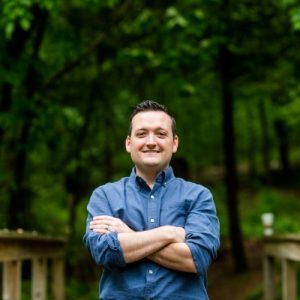
Visiting Faculty in 2023-24
Joel Puckett is a composer leaving both audiences and the press buzzing. His music has been described as, “soaringly lyrical” (Minneapolis Star Tribune), “Puccini-esque” (Wall Street Journal), and “containing a density within a clarity, polyphony within the simple and – most importantly – beautiful and seemingly spiritual.” (Audiophile Audition).
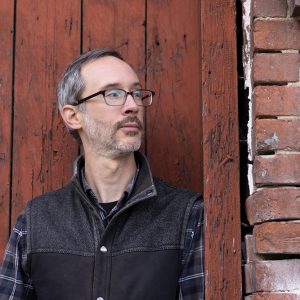
Visiting Faculty in 2024-25
Eric Wubbels is a composer and performer. Since 2004 he has been pianist and Co-Director of the Wet Ink Ensemble (NYC), and he performs regularly in projects with Mariel Roberts and Josh Modney, Weston Olencki, and Charmaine Lee, among others.
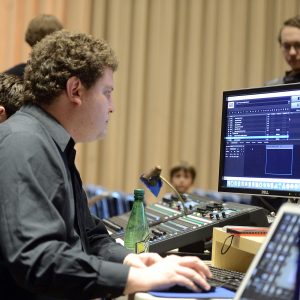
Computer Music is offered as a four-year, undergraduate degree program that combines music and technology with a strong focus on composing both traditional and experimental music. Students work with the latest digital synthesis hardware and software and learn through private and classroom instruction to develop composition techniques which take advantage of the unique capabilities of electronic and digital music technology. Studies include computer composition, computer performance and improvisation, and multimedia studies (including audio, video, dance, and graphics with music). Students have the opportunity to earn a Master of Music degree in Computer Music with one additional year of study by applying to the five-year BM/MM program.
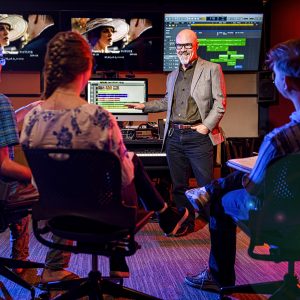
Offered as a four-year undergraduate degree program and two-year graduate degree program, students in Music for New Media: Video and Game Scoring study the art and craft of composing music for film, TV, games, and other media. Through additional coursework in game audio implementation, mixing, sound design, music theory, instrumentation/orchestration, keyboard studies, MfN students will be prepared for a career as a media composer in addition to numerous related fields in the industry. Compositions for traditional instruments are scored through software emulation and virtual Instruments, with many opportunities to record and mix music in Peabody's world-class professional recording studios and have their music performed by the Peabody Symphony Orchestra.